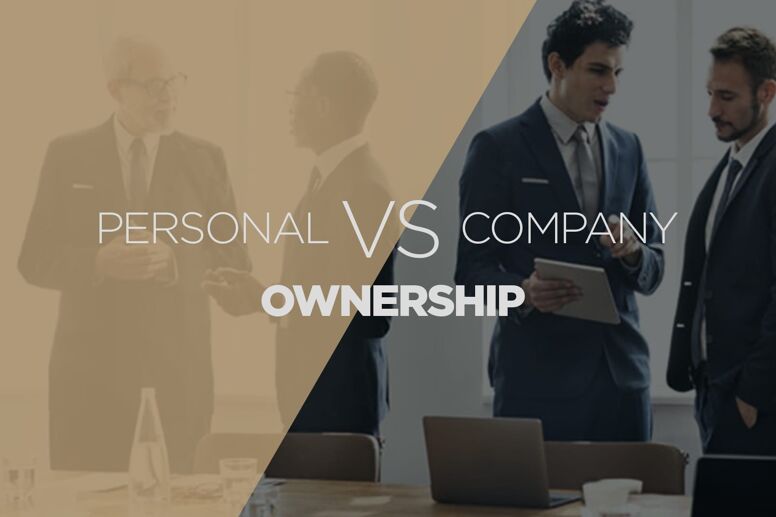

Property in Marbella. Personal Ownership vs Company Ownership

Time doesn’t stand still, and change happens. Drumelia Real Estate hopes its clients get some clarity to make the decision when registering their property.
There are no restrictions on buying property in Spain, whether it’s commercial, residential or land, whether you are a resident or non-resident. A foreigner will require a valid passport, a financial number and enough money. Speaking of which, time passed when a buyer could pay cash and get the keys. Ascertaining the legitimacy of the source of funds and wealth is a regulatory requirement and evidence of this must be obtained. Banks ask for transparency when it comes to money transfer and if you buy a property in Spain you will be asked to disclose the source of your money. According to Spanish law properties can be sold only by the owners or somebody who represents them and has a Power of attorney to arrange the transaction on their behalf.
The words ‘company-owned property’ were quite popular among the buyers of Spanish residential property, especially having “tax haven” Gibraltar around the Costa del Sol’s corner. It was common to hear of properties registered in the names of offshore holding companies that were offered for sale themselves. It was easy to continue to sell the companies to yet another and another buyer on favourable terms simply because the seller paid no taxes. Spanish Tax Office not having any information on the transfer of assets, even though the Capital Gains Tax was due.
These deals are also in the past and no longer possible with the current tax legislation in force. Spanish Tax Authorities changed the tax laws and made the sale of companies owning properties much more complicated. Changes started coming in 1991 when the Tax Office introduced a 5% (later 3%) annual special tax based on the cadastral value, on any property owned in the name of a company domiciled in offshore or “tax haven” countries. Then several tax fraud prevention laws passed in 2006, 2010 and 2012. In 2007 they abolished the special tax advantages of patrimonial or holding companies that paid only 15% as Capital Gains Tax, instead of 35%.
Today most people prefer to buy a property in their own name or with their own newly formed company and a full tax base for the cost of the property. They have no interest in purchasing property within a holding company because by owning it in their own names, absolutely all of them have to pay 21% Capital Gains Tax if they sell the property. Compare that to the company tax at 25-30%, plus the dividend tax and extra ado when they liquidate the company and you will see even without being an economist that it simply doesn’t not make financial sense.
Well, of course every rule has its exception and sometimes particular circumstances can make a company purchase more suitable and preferable for a buyer.
Buying a Spanish company has both its disadvantages (unrealized tax, company administration costs, a professional audit as a must to avoid surprises, etc.) and advantages (discretion: owners can stay anonymous, in some cases transfer tax on re-sale properties can be legally avoided, all repairs and installation replacements are fully tax deductible, etc.).
In any case Drumelia Real Estate always recommends their clients who are interested in further or particular advice when having doubts, to consult with reputable lawyers.



